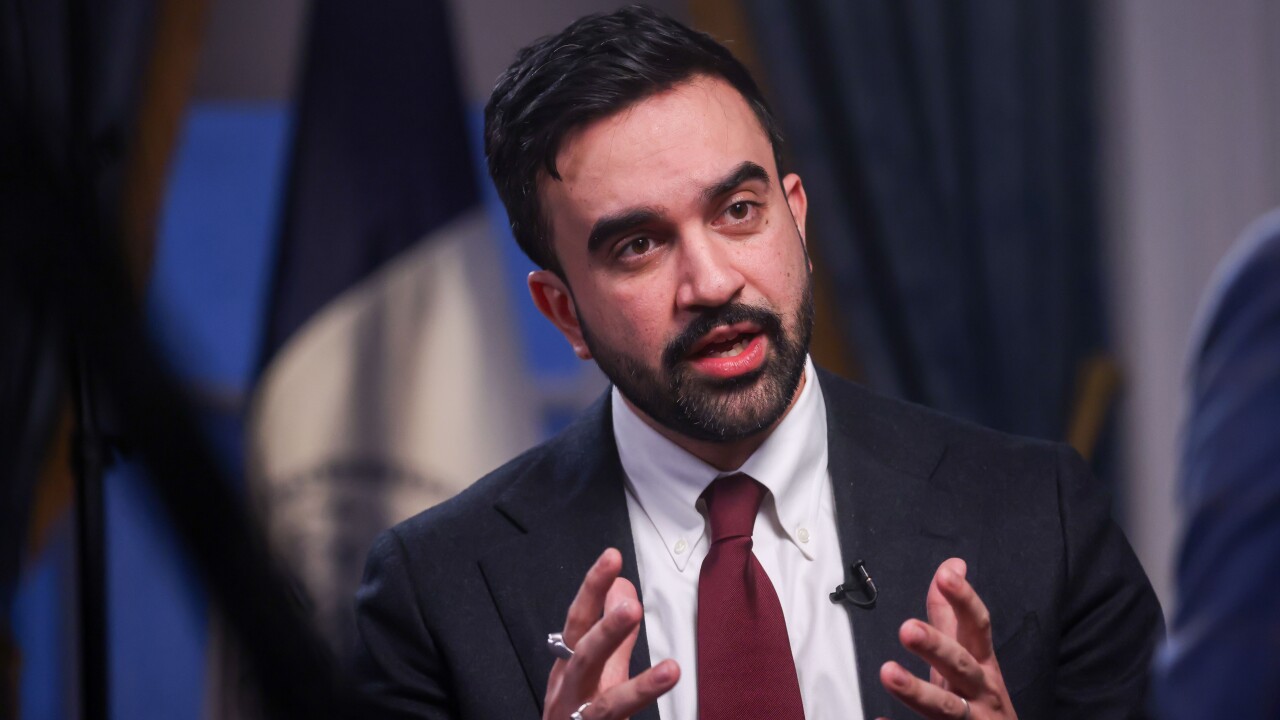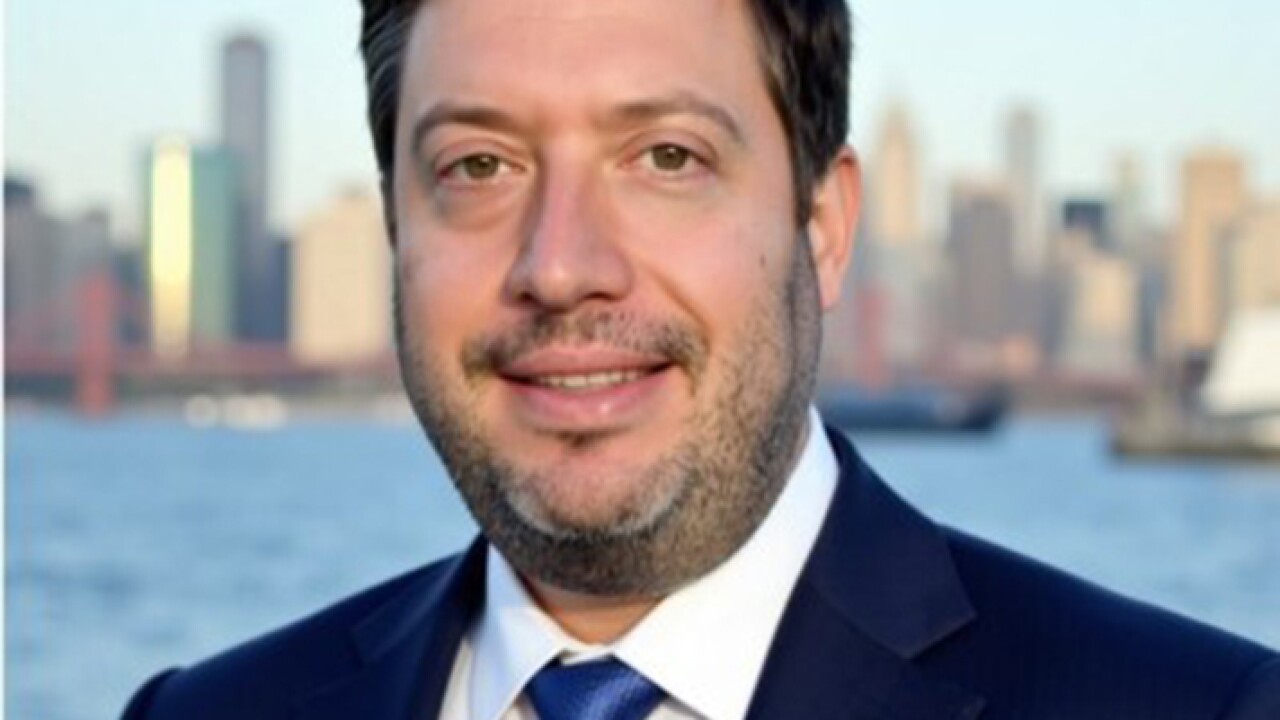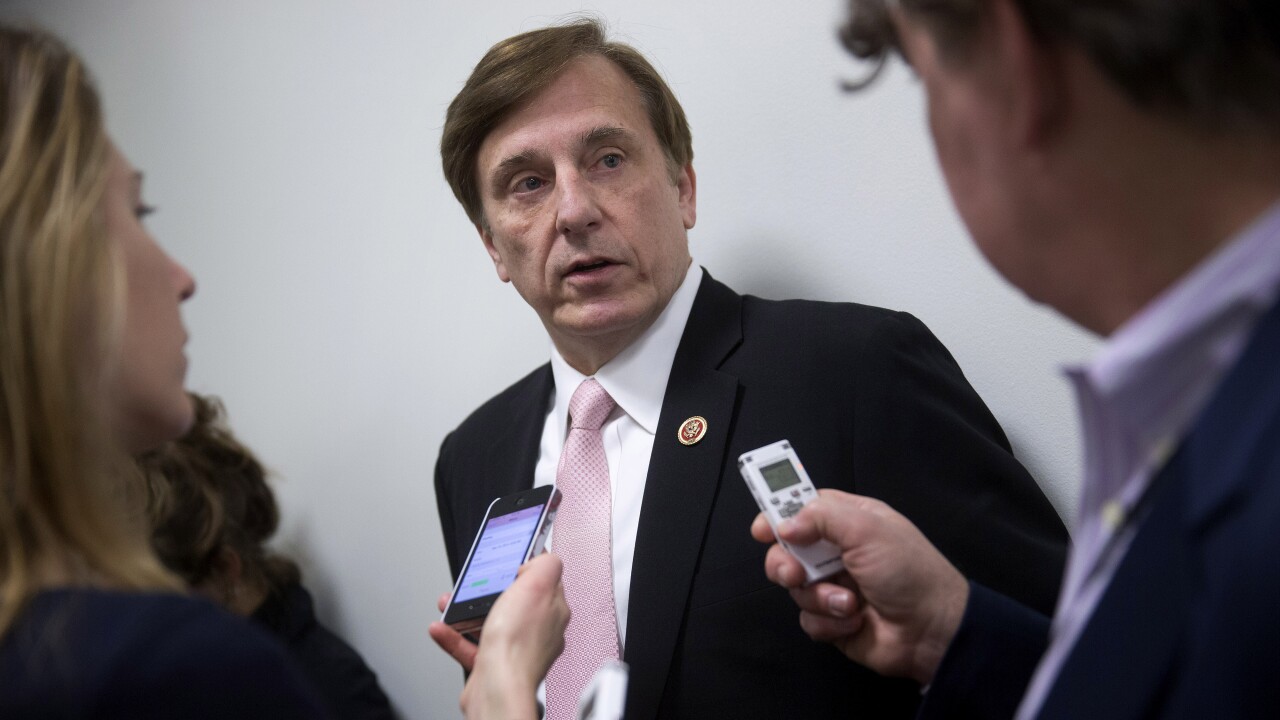
DALLAS -- Maryland officials will begin negotiations next month with four potential private investment groups interested in financing, building, and operating the $2.16 billion Purple Line light-rail system in the northern suburbs of Washington, D.C.
Details of the financial proposals submitted on Dec. 8 to the Maryland Transit Administration were not released. The groups were asked to provide their best estimates of how much it would cost to design, build, operate, and maintain the 16-mile system, and how much funding they could contribute to the project.
MTA officials said they expect to select a preferred partner for the 35-year concession in February with action by the state's Board of Public Works in March.
The state will own the land and rail assets of the system. MTA will set the fares and collect the revenues, with the successful concessionaire receiving availability payments from the state of $100 million to $200 million per year for 30 years when the project is operational. Construction is expected to take at least five years.
The availability payments will come from revenue generated on the Purple Line and other systems operated by MTA. The monthly payments could be reduced if the concessionaire fails to meet specified performance standards, including regarding the cleanliness of the trains and the reliability of the service.
The proposed rail line, which would be built within the Capital Beltway, would stretch from Bethesda in Montgomery County to New Carrollton in Prince George's County. It would include 21 stations and would connect with the Maryland spokes of the Metrorail system operated by Washington Metropolitan Area Transit Authority as well as Amtrak's passenger rail service.
The cost of the Purple Line was estimated at $2.5 billion before Gov. Larry Hogan ordered revisions to the plan. Hogan in June cut the state's proposed contribution to the rail line to $168 million from the original $700 million and asked potential investors to amend their proposals to lower the overall cost of building and operating the system.
MTA said the system is now expected to cost $2.16 billion, but the contract cost will not be determined until the concessionaire is selected.
The winning private-sector team in the public-private partnership is expected to contribute as much as $900 million to help fund the project. The state had originally figured on getting $675 million from the private partner.
"We will be counting on our partners in the private sector to deliver proposals that meet our new vision for the project," Hogan said when he announced the cap on state funding.
Financing for the Purple Line includes a pledged $900 million New Starts grant from the Federal Transit Authority, $140 million from Montgomery County, and $120 million from Prince George's County. The state is also seeking an allocation of transportation-specific federal private-activity bonds and a $732 million Transportation Infrastructure Finance and Innovation Act low-interest loan.
If the state secures the full $900 million FTA grant, construction could begin in 2016, with the trains running in 2021.
The consortiums that filed financial proposals are: Maryland Purple Line Partners (Vinci Concessions, Walsh Investors, InfraRed Capital Partners, Alstom Transport, and Keolis); Maryland Transit Connectors (John Laing Investments, Kiewit Development, and Edgemoor Infrastructure & Real Estate); Purple Line Transit Partners (Meridiam Infrastructure Purple Line, Fluor Enterprises, and Star America Fund), and; Purple Plus Alliance LLC (Macquarie Capital Group and Skanska Infrastructure Development).
The four groups were put on a short list of bidders by the MTA in early 2014.





